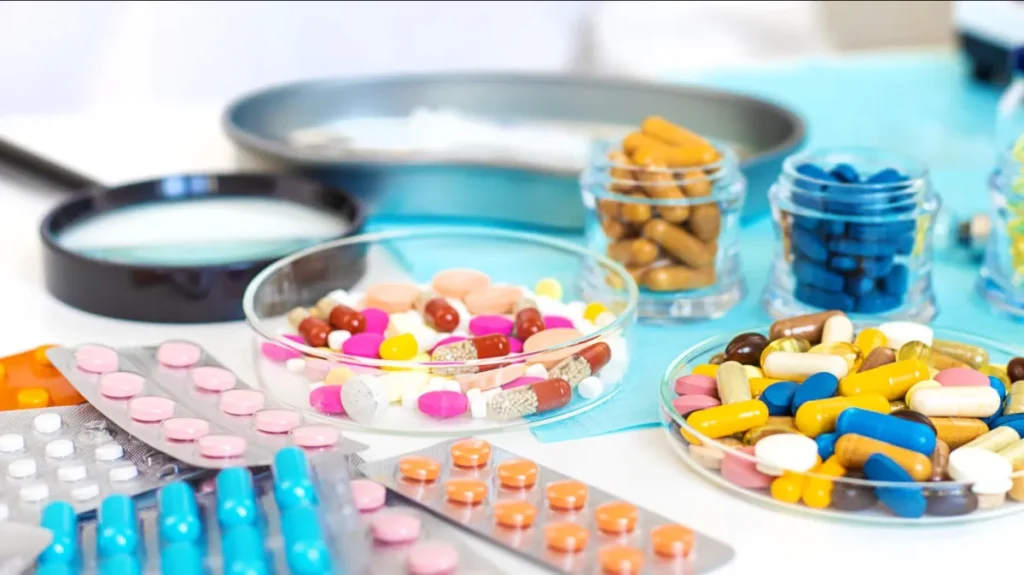Pakistan faces significant risks to its healthcare security due to heavy dependence on imported active pharmaceutical ingredients (APIs) and critical medicines. Nearly half of the country’s APIs and finished drug products are sourced from India, with additional reliance on China, Europe, and Southeast Asia. Any disruption, such as diplomatic tensions or trade halts, can rapidly lead to shortages of vital treatments, including cancer therapeutics, vaccines, antivenom, and monoclonal antibodies.
In response, national regulators have activated emergency contingency protocols and initiated efforts to diversify supply chains. Alternative suppliers from China, Malaysia, Indonesia, Iran, and Europe are being fast-tracked for regulatory clearance. However, higher costs, limited lab capacity, and port delays present ongoing challenges to this urgent pivot.
To bolster self-reliance, the government has launched the “API Vision 2025” initiative, aiming to establish domestic production of key API components within the next two years. Efforts include public-private partnerships, technology transfers with Chinese and South Korean firms, and workforce development programs to reduce long-term import dependence.
While this strategic shift will improve medicine security, it demands sustained investment, regulatory reform, and quality assurance. Without these moves, Pakistan remains vulnerable to global supply chain shocks, currency fluctuations, and regional instability that could jeopardize patient access to essential and life-saving medicines.



Comments (0)
No comments yet. Be the first to comment!
Leave a Comment